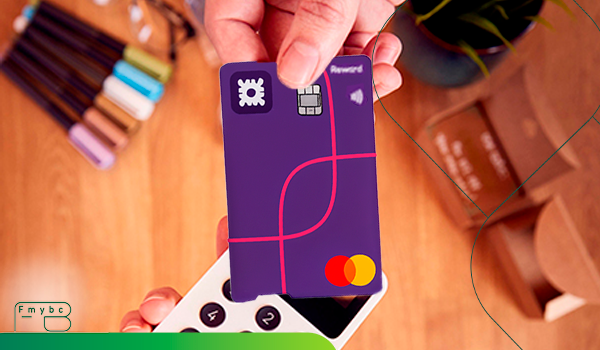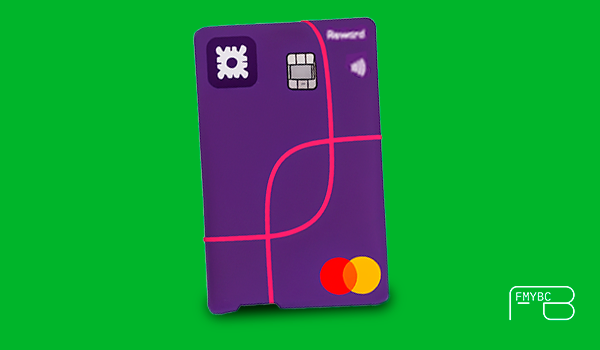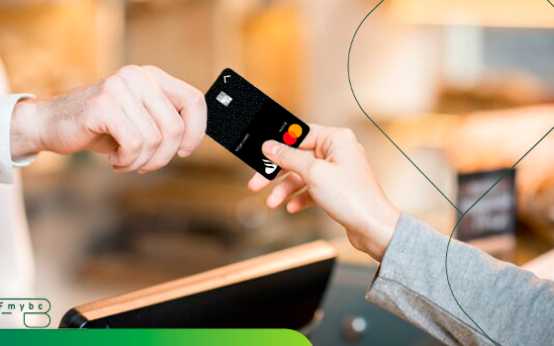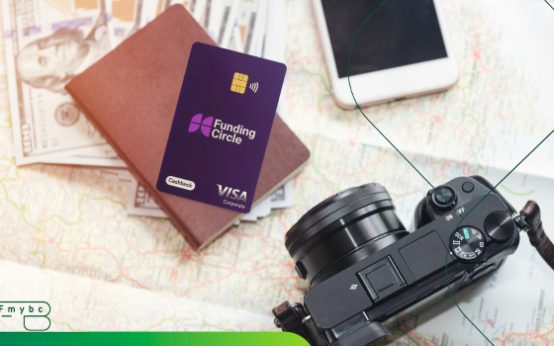
The RBS Reward Credit Card is marketed as a straightforward way to earn cashback on everyday spending, especially at supermarkets. However, the true value of this card depends on how you use it. In this guide, we go beyond the official features to uncover practical strategies, real-life calculations, and comparisons with other UK credit cards.
How to Use the RBS Reward Credit Card Effectively
At its core, the card pays out:
- 1% cashback at UK supermarkets.
- 0.25% cashback on all other spending.
- 1%–15% extra at selected retailers via MyRewards partners.
Best Practices
- Always pay your balance in full
With a representative APR of 31.0% variable, carrying a balance wipes out the benefit of cashback. - Pair with a Reward Current Account
The £24 annual fee is refunded if you hold this account, making the card effectively free. - Target MyRewards offers
Check the RBS app regularly. Partner promotions can boost rewards far above the standard 1%. For example:
- 10% back at Harvey Nichols.
- 5% back at National Express.
- Limit foreign use
With a 2.75% non-sterling transaction fee, this is not a travel card. Instead, pair it with a Barclays Rewards or Chase UK debit card for international trips.
Hacks to Maximise Rewards

Many cardholders miss out on the hidden opportunities to increase cashback:
- Supermarket gift cards: Buy Tesco, Sainsbury’s, or even Amazon gift cards at the supermarket checkout. You’ll still earn 1% cashback on the purchase, then spend the gift card later online.
- Double dip with MyRewards: Sometimes a partner retailer also sells via supermarkets. Buying gift cards at the supermarket first can generate double cashback streams.
- Monthly budget threshold: Spending at least £200/month on groceries ensures you break even on rewards versus the fee. Anything above this creates a net profit.
- Stacking with apps: Combine with cashback apps like TopCashback or Quidco for an additional 3–10% return.
Cost-Benefit Analysis
Let’s simulate three typical users:
- Light spender (£150/month supermarkets, £200 general)
- Rewards: £1.50 (supermarkets) + £0.50 (general) = £2.00/month.
- Yearly = £24. If the annual fee applies, this cancels out.
- Average spender (£400/month supermarkets, £300 general)
- Rewards: £4.00 (supermarkets) + £0.75 (general) = £4.75/month.
- Yearly = £57. With fee refunded (via Reward Current Account), this is net cashback.
- Heavy spender (£800/month supermarkets, £500 general, £50 partner offers at 10%)
- Rewards: £8.00 (supermarkets) + £1.25 (general) + £5.00 (partners) = £14.25/month.
- Yearly = £171. Excellent return for a no-cost card.
Comparison with Key Alternatives
| Feature | RBS Reward Credit Card | Barclays Rewards | Santander All in One | Chase UK Debit |
| Supermarket cashback | 1% | 0.25% | 0.5% (all spend) | 1% (all spend, capped) |
| Annual fee | £24 (refunded) | £0 | £36 | £0 |
| Foreign transaction fee | 2.75% | 0% | 0% | 0% |
| APR (representative) | 31% | 28.9% | 29.9% | N/A |
Verdict:
- RBS wins for supermarket-heavy shoppers.
- Barclays Rewards dominates for travellers.
- Santander All in One provides flat cashback across all spending but with a higher annual fee.
- Chase Debit is strong for everyday 1% cashback but capped at £15/month.
FAQ – Non-Obvious Questions
Do I still earn cashback if I use Apple Pay or Google Pay?
Yes, digital wallet transactions count the same as chip-and-pin or contactless.
Can I use it for PayPal purchases?
Yes, but rewards depend on the merchant category code (MCC). If PayPal routes as “general retail,” you’ll earn 0.25%.
Does the cashback expire?
Rewards do not expire as long as your account is active.
Can I combine RBS Rewards with Avios or Nectar points?
Not directly, but you can use supermarket gift cards purchased with the card to earn points in other schemes.
What happens if I cancel my Reward Current Account?
You’ll lose the refund of the annual fee. The £24 charge will apply on the next cycle.
Can students apply?
Only if they meet the £10,000 minimum annual income requirement. Otherwise, they may qualify for other RBS student cards.
How to Maximise Long-Term Value
- Pair with Barclays Rewards for travel. Use RBS for supermarkets and MyRewards, Barclays for foreign spend.
- Consolidate supermarket spend. Instead of splitting between stores, concentrate purchases in one supermarket to maximise cashback tracking.
- Set reminders for offers. MyRewards often runs limited-time deals; activating them in the app ensures you don’t miss out.
- Review annual spend. If you don’t cross the £200/month supermarket threshold, consider switching to a no-fee alternative.
Alternatives Beyond Cashback
Some users might prioritise benefits beyond cashback:
- Amex Gold Credit Card: Excellent for those who value Avios or Membership Rewards.
- Virgin Money Credit Card: Often offers long 0% balance transfer periods.
- Chase UK Debit Card: Still among the strongest for no-fee foreign spending and capped cashback.
Conclusion
The RBS Reward Credit Card is not a one-size-fits-all product. For UK households that spend heavily at supermarkets and already bank with RBS, it delivers reliable cashback with minimal effort. For light spenders or frequent travellers, however, other cards offer more suitable benefits.
The real advantage lies in combining this card with partner offers and complementary cards. With the right strategy, rewards of £100–£170 per year are achievable without additional cost. But without careful use, the annual fee and high APR can make it underwhelming.Ultimately, it is a solid secondary card for grocery and partner spenders, but it should not be your only credit card.



 Fluid Credit Card Guide: Maximize Your Balance Transfer Strategy Without Paying Hidden Interest <p style='font-size:14px;'>A step-by-step guide to using the Fluid credit card wisely — and avoiding the common mistakes many UK borrowers make.</p>
Fluid Credit Card Guide: Maximize Your Balance Transfer Strategy Without Paying Hidden Interest <p style='font-size:14px;'>A step-by-step guide to using the Fluid credit card wisely — and avoiding the common mistakes many UK borrowers make.</p>  How to Get the Most Out of the Santander Edge Credit Card <p style='font-size:14px;'>A hands-on guide to maximizing cashback, avoiding hidden costs and comparing smarter options in the UK market.</p>
How to Get the Most Out of the Santander Edge Credit Card <p style='font-size:14px;'>A hands-on guide to maximizing cashback, avoiding hidden costs and comparing smarter options in the UK market.</p>  Advanced Guide to Getting the Most Out of the Funding Circle Business Cashback Card <p style='font-size:14px;'>How to turn a simple business credit card into a smarter cash-flow tool with rewards that support long-term growth</p>
Advanced Guide to Getting the Most Out of the Funding Circle Business Cashback Card <p style='font-size:14px;'>How to turn a simple business credit card into a smarter cash-flow tool with rewards that support long-term growth</p>